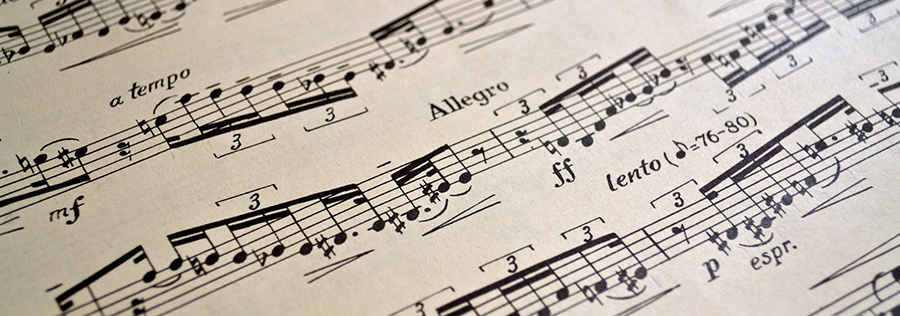Why music education needs to be accessible to all
In this blog post, we look at the positive impacts music lessons can have for a person, from positive results in schooling to improving self esteem. Thus, this explains why we are so passionate in our mission to make music education accessible in vulnerable communities.
Like what you read? Check our our volunteer program here!

1. Brain Development
There has been a number of academic studies done, such as this one which prove students who also learn music have higher IQs than those who do not.
As our friends at NAFME found; music students are constantly using memory skills to learn instruments, learn to read music, memorize new songs.
This develops their memory skills far beyond their non musical peers.
Important skills like this serve students throughout their education and beyond!
Developing fine motor skills are a clear benefit of practicing music.
The physical act of playing instruments itself increases hand-eye coordination and dexterity, similar to playing sports.
Furthermore, deciphering a new language in the way of notes, decoding harmonies, rhythm, speed, tone… Tonara describes this as a great workout for your brain in their article!

It is important that music education of high quality is available to as many of them as possible: it must not become the preserve of those children whose families can afford to pay for music tuition. While music touches the lives of all young people, the disadvantaged can benefit most.
UK Government, Department for Education, 2011.
2. School
As we mentioned before children studying music have been found to have higher IQs than those that don’t.
Did you know that music education also complements their subjects?
Firstly it helps kids stay engaged; student musicians are likely to stay in school to achieve in other subjects (NAfME).

Secondly, music education helps with specific subjects!
Let’s take Maths for example; learning time signatures in music allow teachers to explain the fundamentals of fractions!
What about Reading Comprehension? Lyric analysis and songwriting help students use and understand language on a more nuanced level than their peers, as well as increased emotional development allowing them to understand meanings behind pieces of literature.
These skills are important throughout students academic career, giving them the ability to develop more thoughtful prose, comprehend questions, and understand mathematical concepts.
importance of music in our society here
3. Sense of Pride and Self Esteem

The youths and groups that we work with come from very humble backgrounds. Battered women, young single mothers, orphaned children, families lacking financial security.
See Here
Learning music has benefits for the self esteem of these groups, and all groups in society!
This pushes them to excel in other areas of their lives.
A sense of achievement is fostered when one is learning music; to play a piece of music is challenging and requires commitment, but it is also a very achievable goal.
Reaching goals in their music education will foster self confidence that they can achieve in other areas of life with some commitment!
It shows them they are skilled individuals, capable of achieving many more goals!

4. Discipline
Inspired Classroom look at how music education teaches discipline to students.
To learn an instrument takes time and dedication, to practice for hours, and repeat the same sequences over and over until it is perfected.
Students therefore need to schedule regular practice around their other activities, teaching them to prioritize and time manage.
This creates disciplined individuals who will find it easier to learn new skills in the future, understanding the concepts of time management and prioritizing activities.
5. Social skills
Partaking in music lessons, a local orchestra, or church choir opens up a whole realm of opportunities to meet and work alongside new people.
Teamwork is a fundamental part of being in a band or orchestra; students learn how to work together and communicate effectively.
Partaking in these groups create a social community where you all share one huge thing- playing music! You make friends with whom you can create musical camaraderie (Tonara) whom you can discuss your favorite compositions with, practice with.
For vulnerable communities, this may mean students are socializing in these uplifting circles over less favorable ones where they partake in underage substance abuse (an issue among Ugandan youths) or crime, giving them the chance to break out of such cycles.

learn about my favorite musician in Uganda here
If you liked this feel free to follow our Facebook, Twitter and Instagram for more of what we get up to!

Nice piece as we share the vision of Living music at every household in appreciating the importance of Music
Best!
John
On Tue, May 28, 2019 at 7:48 AM Living Music Foundation wrote:
> Alex posted: ” Why music education needs to be accessible to all It is > important that music education of high quality is available to as many of > them as possible: it must not become the preserve of those children whose > families can afford to pay for music tuit” >
LikeLike